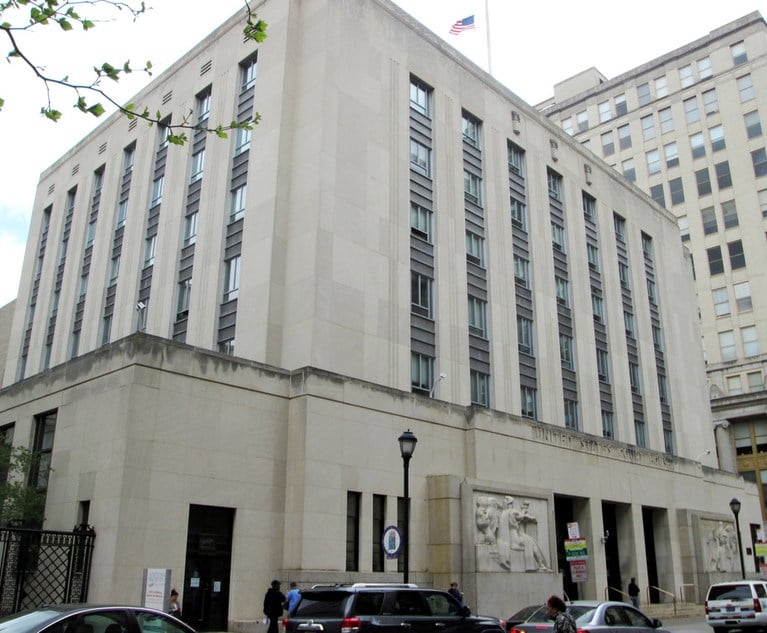Over the years, we have reported on situations where state law matters are preempted by myriad provisions of the Bankruptcy Code in the administration of Chapter 11 cases. The disposition of executory contracts and unexpired leases is one such area. Section 365 of the Bankruptcy Code governs contracts and leases in bankruptcy and is one of the most lengthy and complex provisions of the Bankruptcy Code. That being said, bankruptcy courts frequently must adjudicate contract disputes under state law. During the current cycle, with so many retail bankruptcies and the continuing movement away from brick and mortar to e-commerce and remote work environments, landlord-tenant relationships are under review across the country. Consequently, many boilerplate lease provisions will be in play for dispute adjudication.
Today we review a dispute where yet another retailer filed Chapter 11 cases and conducted liquidation sales across multiple locations under the supervision of the bankruptcy court, which entered orders authorizing procedures for the sales and rejecting the underlying leases. But what can the debtor sell in a liquidation “going out of business” sale? In In re Lucky’s Market Parent Company, Case No. 20-10166, the U.S. Bankruptcy Court for the District of Delaware ruled that the removal of fixtures and alleged resulting property damage did not give rise to an administrative claim for the landlord.


 Left to right: Andrew Kassner and Joseph Argentina of Faegre Drinker Biddle & Reath.
Left to right: Andrew Kassner and Joseph Argentina of Faegre Drinker Biddle & Reath.




